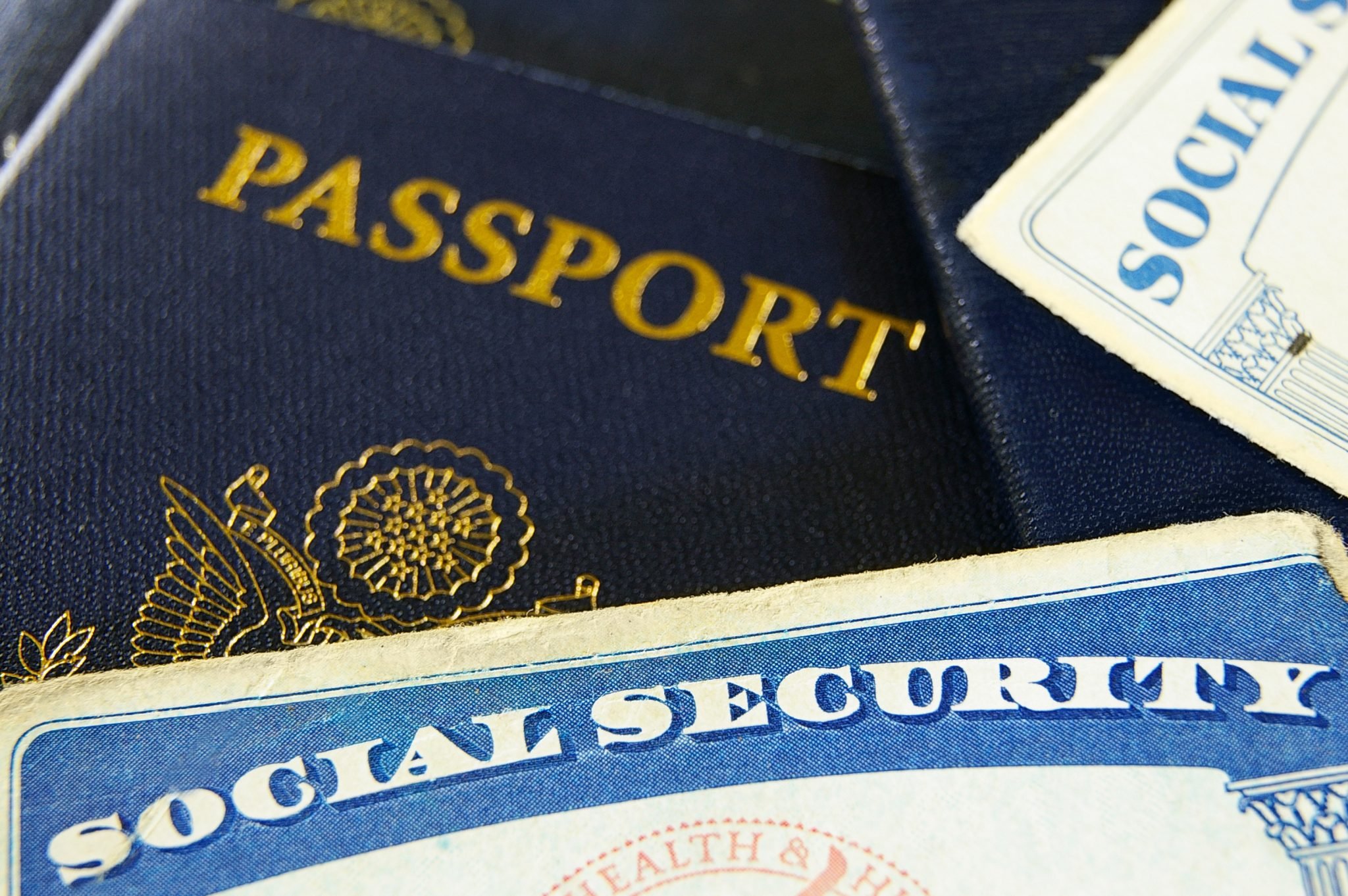The movers are booked; you’ve said your goodbyes to colleagues and friends, and now it’s time to tackle the tasks that matter most but are generally tedious. With a few days before the big day, procrastination is no longer an option. Whether you’re moving out for the first time and heading to college, you just finalized a bitter divorce, or you’re on your way to a new city to take over your dream job, taking the right documents with you will save you time and money.
Once you’re away from home, securing documents such as birth certificates or affidavits from your bank can be complex and time-consuming. Before you bid goodbye, take a moment to go through the file cabinets and special drawer; and if it’s your first time out of the home, then go ahead and ask Mom to lend you a hand. To cover all your bases, get a portable fireproof box, and be ready to store duplicate copies of your important documents in a secure, cloud-based environment such as a digital safe deposit box.
-
Take Your Social Security Card
Trust us; you’ll need it. Employers, academic institutions, and government agencies may ask you for a copy of your original card. Social security offices, particularly those located in large cities, can be overwhelming and busy. Not having your original social security card will cost you a good half-day of waiting in line, and up to two weeks before the replacement card arrives in the mail. Having a social security card handy is of special importance for those born abroad since they’re more likely to have to prove their right to work in the United States.
-
Don’t Forget Your Birth Certificate
Most of us don’t realize the value of our birth certificate until it is too late, and we find ourselves needing to provide government offices or private entities evidence of our age, place of birth, and the right to citizenship by birth. You’ll need to have your birth certificate in order to secure a copy of your social security card. The birth certificate is also needed when requesting a driver’s license for the first time when you don’t have a passport. Having this document handy will also be useful during probate if you are included in a will and likely to inherit from someone who has passed away. While you’re in your hometown, getting an official copy of your birth certificate is a simple as walking into the County Registrar and completing an application. Once you’re away from your place of birth, you may have to include notarized documents along with your request in order to prove your identity.
-
Make Sure You Have a Title If You Are Taking the Car
Having the title to your vehicle is indispensable when changing the registration from one state to another. You’ll also need the title in order to transfer ownership, should you decide to sell the vehicle. Finally, having a title handy is a must if you find yourself having to secure an emergency-title loan using your vehicle as a guarantee for payment.
-
Have You Packed Your School Transcripts?
A sealed copy of your school transcripts may be just what you need when it comes to completing financial aid or scholarship applications. Not having them handy can result in missing a deadline that could mean the difference between having some financial buffer and finding yourself having to stretch your budget thin.
-
Pack Your Passport
There was a time when you could travel to some countries by simply taking your birth certificate or your driver’s license. Those days are over. Don’t leave your passport behind. Passports are pricey, and it takes time to have them replaced. You never know when you’ll have an amazing last-minute opportunity or a family emergency that demands travel. Your passport is also a very flexible document that can be used when having to demonstrate your right to work and citizenship status.
-
Take Guarantees, Some Receipts, and Manuals
If you’re taking personal items such as a laptop or a phone, then you’ll want to make certain you’re not leaving behind the contracts, guarantees, and receipts for these items. It’s virtually impossible to obtain service without having a proof of purchase. Also, make certain you’re taking the manuals with you. You never know when something will fail and you’ll need to reset it or troubleshoot it.
-
Don’t Leave Home Without Your Professional Licenses
If you have a profession that requires licensure, make it a point to pack all supporting information, including your certificates or licenses, and any information you may need to transfer your right to practice to another location or renew your current license.
-
Marriage Certificates and Divorce Decrees
Believe us; you’ll need them. You may need to present a marriage certificate to obtain benefits such as insurance for your spouse. Similarly, if you are divorced and still have some financial obligations that are shared, then you’ll need your divorce decree in order to remove the name of your spouse or your name from a variety of shared obligations.
-
Tax Documents
Don’t leave behind any paperwork related to your taxes, such as receipts and other transactional records. Also, take copies of taxes from prior years, if you don’t already have them available in digital format.
-
Vaccination Records and Medical Records
This is essential for you as well as for your kids. If you don’t want to delay school enrollment, then make certain you have copies of their vaccination records handy. Also, pack your medical records to have them ready in the event of a medical emergency. Keep in mind that unless you are in the military, chances are you’ll have to pay for your medical records unless your new doctor requests them once you arrive at your new location. The fees to obtain medical records are nominal in nature, and it completely makes sense to keep a copy with you.
Good planning when it comes to taking the right documents with you before leaving home may just be the smartest move of the day.
This post was contributed by Estate Assist, which provides a life protection suite that allows you to securely store, organize, and share the login information for your financial assets, digital assets, and backups of essential documents. You can share what’s stored with trusted recipients you designate now, or in the future when you’re no longer around.







